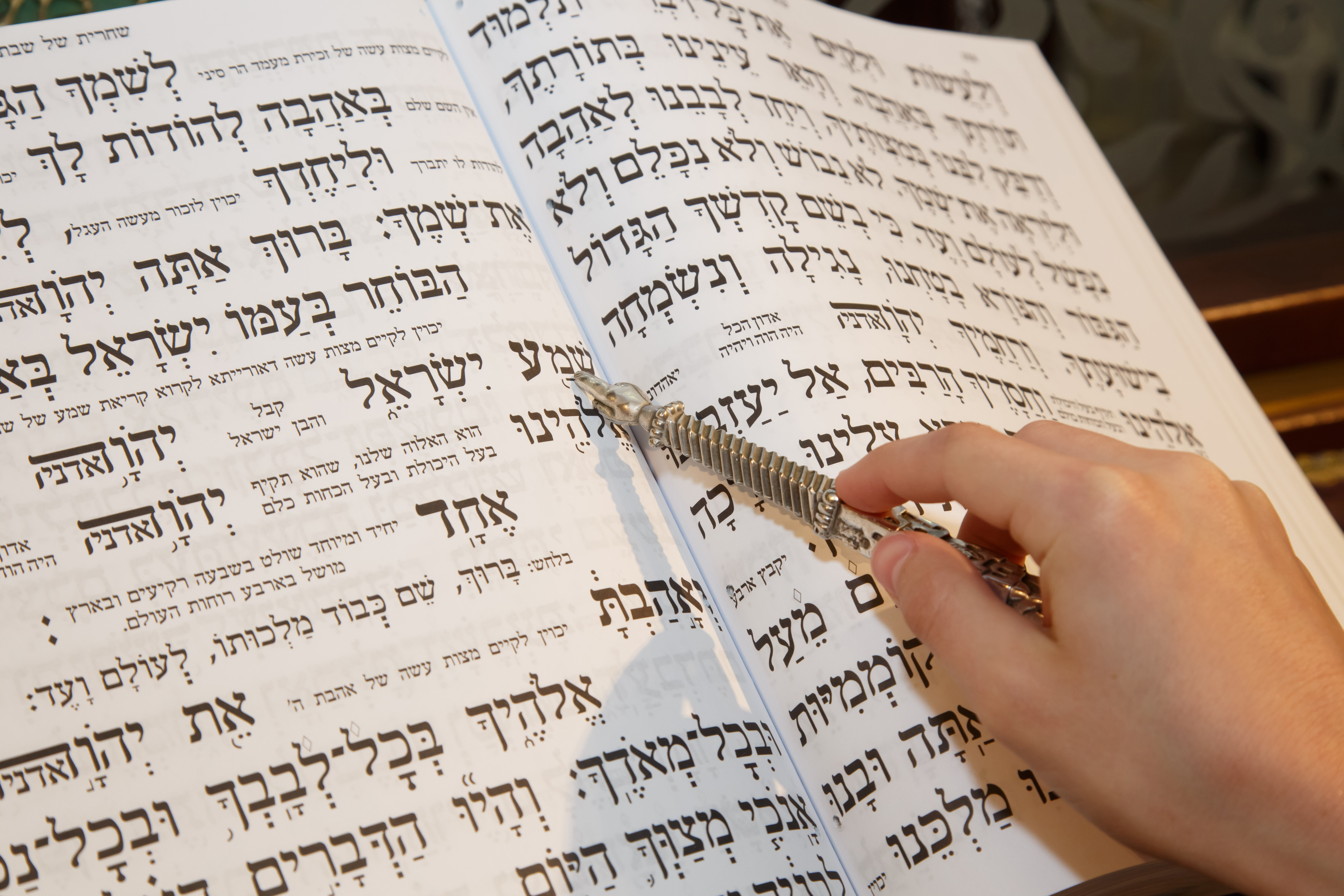Exodus 35:1-38:20
Haftorah Reading
1 Kings 7:13–26, 40–50
Testimony of Yeshua
- On violating YHVH commands: ebrews 10:26–31
- On giving to YHVH’s work: Corinthians 9:1–15
- On YHVH’s spiritual temple: Corinthians 3:9–17
- On spiritual gifts for the purpose of building up the spiritual house of Elohim: Corinthians 12:4–11; James 1:17
- On the ministry of the Tabernacle: ebrews 8:1–5; 9:1–28
Outline of This Week’s Parashah (Torah Portion)
- —35:1 The Sabbath: No Work, No Fires
- —35:4 The People to Contribute Materials for the Building of the Tabernacle
- —35:10 The Israelites Invited to Participate in the Construction of the Tabernacle
- —35:30 The Master Craftsmen Are Selected: Bezalel (of Judah) and Aholiab (of Dan)
- —36:1 More Than Enough Workers and Materials Pour In
- —36:8 The Work of Building the Tabernacle Begins: Making the Curtains
- —36:19 Making the Cover
- —36:20 Making the Planks (Walls) of the Tabernacle and Their Components
- —36:35 Making the Partitions for the Interior
- —36:37 Making the Screen for the Entrance to the Tabernacle
- —37:1 Making the Ark of the Covenant
- —37:6 Making the Cover (Mercy Seat) for the Ark
- —37:10 Making the Table of Showbread
- —37:17 Making the Menorah
- —37:25 Making the Altar of Incense
- —38:1 Making the Elevation Offering Altar
- —38:8 Making the Bronze Laver
- —38:9 Making the Linen Fence Around the Outer Courtyard
- —38:18 The Screen of the Gate of the Courtyard
Study Questions for This Week’s Midrash (Torah Discussion)
1— 35:2, The seventh day … shall be … a set-apart day. In our journey through the Torah, the subject of the seventh day Sabbath keeps popping up. When YHVH said in Exodus 20:8 to “Remember the Sabbath day to keep it set-apart (Heb. kadosh),” he keeps reminding them of it so that they won’t forget it! What does this tell us about the importance YHVH places on the weekly Sabbath? With each reminder, he gives additional instructions about how to keep the Sabbath. (Quickly review YHVH’s instructions in the Torah up to this point pertaining to the Sabbath: Gen 2:2–3; Exod 16:23–30; 20:8–11.)
2— Exodus 35:3, Kindle no fire…on the Sabbath day. There are several prevailing viewpoints on the exact meaning of this passage. Let’s explore them.
The Orthodox Jews take literally the Torah’s prohibition to kindle no fire on the Sabbath. As such, many do not turn on a light switch or start their cars (i.e., fire in the spark plugs) on the Sabbath for fear of violating this command. To counter balance this viewpoint, the Torah does indicate that the priest lit the menorah in the tabernacle each morning, the Sabbath not excluded (Exod 27:21–21; 30:7). So, for ministry purposes, lighting a fire seems not to be prohibited.
There is also the viewpoint that since the next verse (Exod 34:4) begins YHVH’s instructions to build the tabernacle, the immediate context of the Sabbath-fire passage has to do with not starting fires that pertain only to one’s trade or job—in Israel’s case, their job was the building of the mishkan. Fires would have been needed for tanning hides, working with metal, and possibly bending wood and dying cloth along with other activities.
This we know for certain. On the Sabbath, YHVH’s people are not to bake, cook or prepare food from scratch (Exod 16:23), but reheating food seems not to be prohibited—something that is even permitted in some Orthodox Jewish circles today. What is the bottom line issue here? We are to cease creating on the Sabbath, and cooking food from scratch (as opposed to reheating) changes the chemistry of the food which constitutes creating something (i.e., transforming something from its original state into another state). So fires for cooking would have been prohibited, to be sure. Food must be prepared ahead of time on the sixth day.
Is this Torah command forbidding the lighting of fires for heat and light? Some would say yes, since part of preparing for the Sabbath involves insuring that your heating fire and Continue reading


